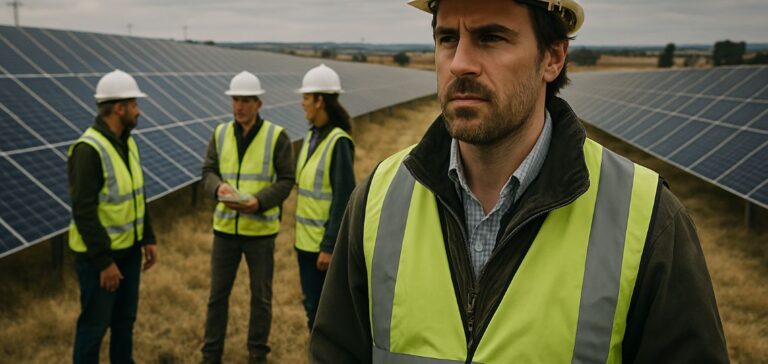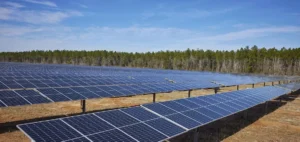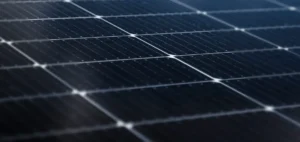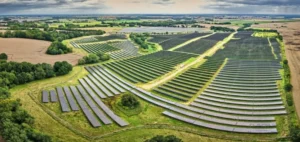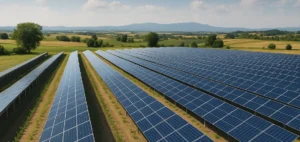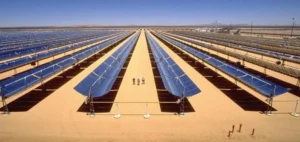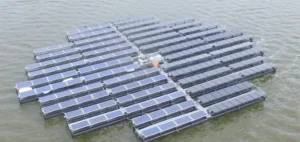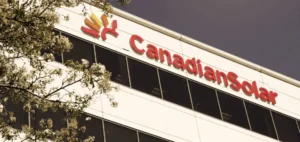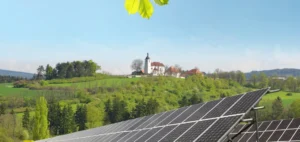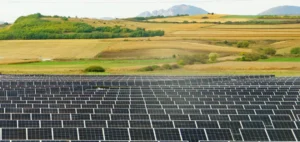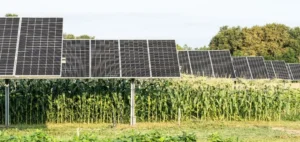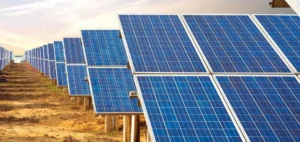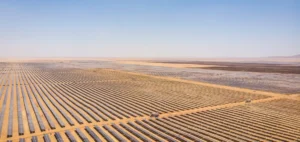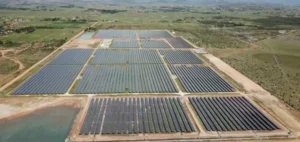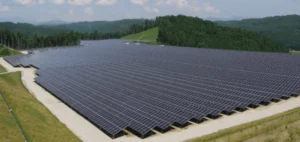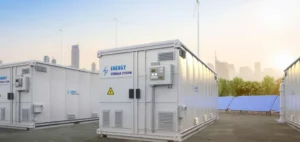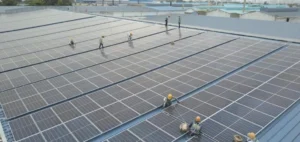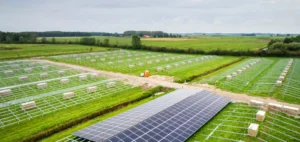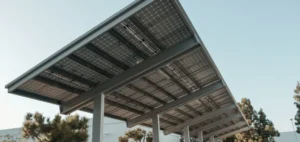A subsidiary of Philippine group ACEN Corporation, ACEN Australia has secured EUR 456 mn (approximately AUD 750 mn) in financing to strengthen its portfolio of operating assets and support the development of new projects in the country. This transaction marks a significant step in the company’s strategy to solidify its presence in the Australian energy market, notably through the completion of the 400 MW Stubbo Solar project located in New South Wales.
The financing will also support the advancement of the New England Solar project, whose first 400 MW phase began feeding electricity into the grid in 2023. The deal highlights ACEN Australia’s ability to independently structure competitive capital solutions in a market where appetite for renewable energy assets continues to grow.
A consortium of 11 partner banks
The financing was structured with the participation of 11 major lenders, including ANZ Banking Group, Deutsche Bank AG – Sydney Branch, MUFG Bank Ltd, DBS Bank Ltd – Australia Branch, and the Commonwealth Bank of Australia. This diverse mobilisation of banking partners enhances ACEN Australia’s financial resilience and reflects market confidence in the company’s strategy and financial standing.
According to David Pollington, Managing Director of ACEN Australia, the financing establishes a robust base for a portfolio that currently includes over 1,000 MW of assets in operation or under construction, with nearly 13 GW in development across the Australian National Electricity Market.
A consolidated funding platform
Phillip Mak, Chief Financial and Investments Officer at ACEN Australia, stated that the transaction positions the company as a reliable and stable partner, supported by a diverse capital base. He noted that backing from local and international financial institutions would accelerate project delivery within a context of rising demand for reliable energy infrastructure in Australia.
Macquarie Capital and Morgan Stanley acted as joint financial advisers for the transaction. Law firm Allens advised ACEN Australia, while Herbert Smith Freehills represented the lenders.


